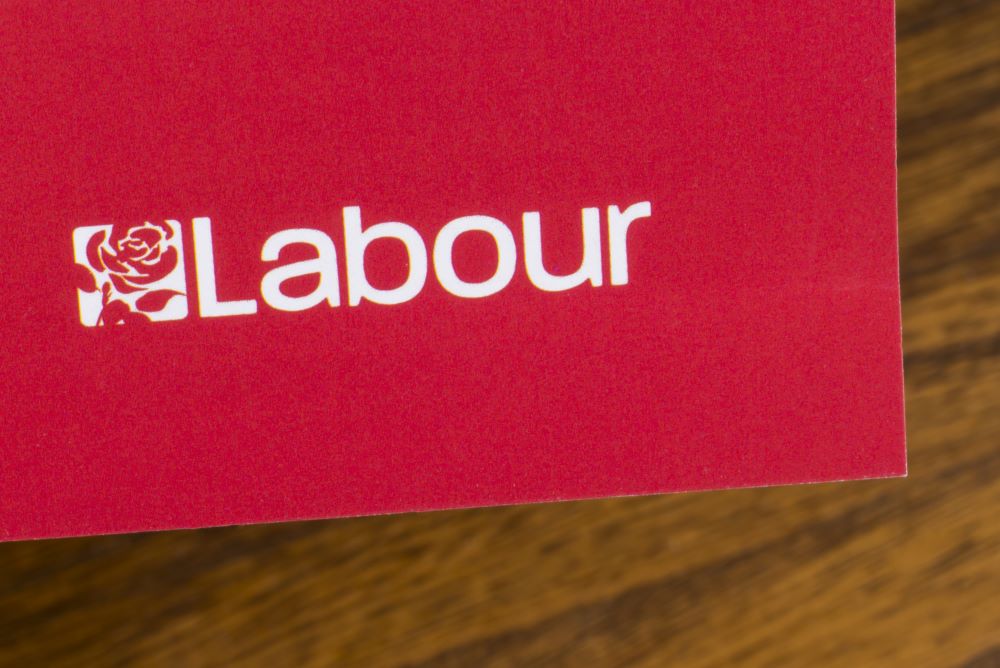
At Labour’s annual party Conference, leader Keir Starmer promised a major rebuilding effort for UK housing and infrastructure while his shadow chancellor Rachael Reeves said she’d construct the economy “from the bottom up and the middle out”. But what did all this mean for trade?
Delegates from the Institute of Export & International Trade (IOE&IT) gave a few reflections on the opposition’s conference, held in Liverpool this week.
Small business focus
IOE&IT director general Marco Forgione spoke about the engagement on small business policy he had experienced at the conference:
“I was on a panel session with the Labour MP Yasmin Qureshi, talking specifically around how we encourage and support UK micro, small and medium enterprises (MSMEs) to really understand how they can seize the opportunities that exist in international trade.”
“It's clear that there's a real aspiration from the Labour Party to tackle some of the challenges that MSMEs face.”
Forgione was part of a panel discussion, jointly hosted by IOE&IT and the New Statesman, that focused on regional development in international trade and featured two Labour shadow ministers –
Nick Thomas-Symonds and Gareth Thomas:
“On the panel, we were talking about what a policy needs to look like to encourage international trade under an incoming Labour government.”
Rebuild, rebuild, rebuild
Grace Thompson, IOE&IT public affairs lead, picked up on the feeling of growth and renewal that Starmer and the party was attempting to portray:
“The theme of the Labour conference was re-building – whether the UK economy itself, housing and infrastructure or international relationships.
“Starmer tried to reflect some of that re-building rhetoric even when he was disrupted by a protestor during his leader’s speech, commenting: ‘Protest or power, that’s why we changed our party.’
“Although Starmer has been particularly careful to avoid any appearance of complacency in terms of Labour winning the next general election, there was certainly a ‘government in waiting’ feeling at the conference, with quiet confidence radiating from ministers and plenty of smiles from activists.”
Thompson noted that Labour had repeatedly committed to releasing a white paper on their international trade strategy “early” into any future government. She said:
“Now is the time for businesses to be engaging with Labour on any suggested inputs to that strategy, particularly if predictions are correct that the election may be called in May 2024.”
Party ‘just getting started’?
James Innes, external affairs executive, said he felt there was a stark contrast between last week’s Conservative Party Conference and Labour’s event.
“While at the Conservative Party Conference, it felt like once last party before the death knell is sounded, at Labour conference, the party was just getting started.
“The format which we had used successfully used at the Conservative Party Conference was used again, with Forgione brilliantly representing not just the IOE&IT but the cause of UK trade so effectively on the panels he sat on be it discussing SMEs or how
we can raise the export potential of the UK’s regions.”
For Innes personally, he felt there was a sense amongst Labour activists that they were “excited” for 2024.
“There was a sense that they realised that this was not a 1997 moment for Labour, that the circumstances to that year, particularly in terms of economics were much different, but nevertheless a belief that Labour’s time has come and that they will remain
in power for a while.”
Optimism and concrete
Charlie Bowden, IOE&IT public affairs intern, said that there was an “evident sense of optimism” leading up to the conference, but that professionals were wanting to hear more from Labour on concrete plans:
“It was encouraging to hear the reiteration of climate export hubs from Thomas-Symonds, as well as the new announcement of the export strategy white paper from the shadow ministerial trade team.”
There was an overall attempt to reflect both “an element of continuity as well as innovative new ideas,” Bowden added.
He said that both aspects “came across much more firmly than they previously had in terms of tone, confidence and strategy”.



